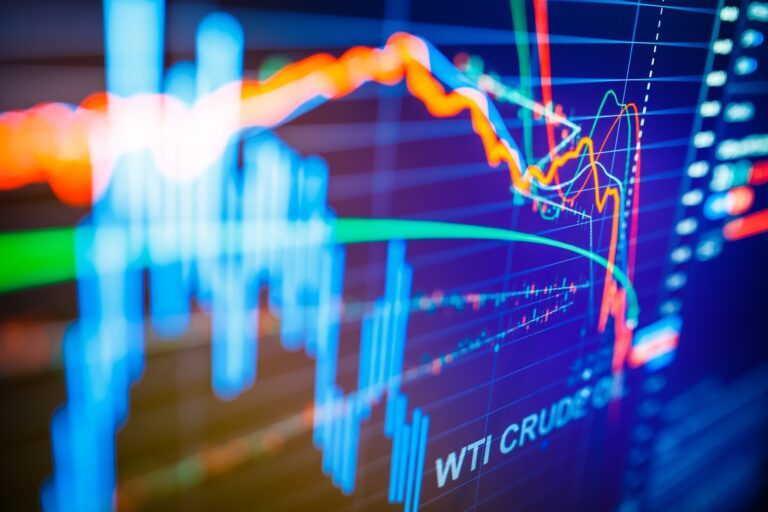We are now facing the highest inflation rate in four decades after long months of fighting the pandemic and lockdowns around the world. The war in Ukraine is also a factor in the worse economic situation for people and companies. As small businesses have to deal with the highest prices of gas or electricity, can Futures contracts help them hedge against inflation?
The problems of inflation
Without a doubt, almost all companies around the world are struggling with the high inflation rate. It’s the effect of the pandemic of Covid-19 when we bought less, so the companies reduced production. As soon as the restrictions were lifted, our lives returned to normal. Despite the growing demand for products, the companies were unable to meet them, resulting in higher prices.
Small companies surely struggle the biggest battle against growing prices of electricity, gas or petrol. Despite the optimistic FED’s Inflation Plan, investors may try to hedge against inflation by trading with Futures contracts. Is it an effective method that gives the chance of frozen prices of products?
How to hedge against inflation with Futures contracts?
The idea is simple. You need to buy tomatoes for your ketchup production. Looking at the recent rise in prices, you may not be able to afford to buy them for the next season. You may decide to trade Futures with Plus500 in the US. If the price of tomatoes continues to grow, the value of the contract will increase too. Your business will have to pay more for the tomatoes, but the profits from the Futures contract will offset the extra costs.
If you grow tomatoes, you may do exactly the same thing. Calculate the desired profit and offer your tomato Futures contract to the companies that need to buy from you. In this situation, any decline in the price is not your concern, as you will get the price set. You may lose too in the case when the costs of cultivating tomatoes will exceed your planned margin.
To invest or not to invest – that is the question
Some businesses may expect more benefits from investing in Futures contracts than others. It concerns companies that rely mostly on raw materials, such as mining or agricultural businesses. Those that rely on them should consider the steps too. You may check the news telling you all about the Futures contracts market changes. Those who are dependent on commodities like gas may also try to freeze the prices in this way.
In the case of companies not using raw goods, they may try to moderate their supply a bit if the prices go too high for them. Investing in Futures contracts is risky, as it concerns speculating about financial markets. You may be excited to pay less for the ordered goods, while their price drops, and you will pay more. Producers may also think their margin will be satisfying for them, while it may occur too low.
There is also a big group of investors, who don’t intend to buy any goods but only speculate on Futures. It’s possible as Futures are liquid, and up to the time of expiration, investors may easily sell them or buy new ones as well. It’s a chance for traders who don’t own the underlying commodity. All they do is speculate on the direction of the specific commodity market. To make it possible, they have to buy or sell the Futures contract prior to expiration.
Anyone who wants to start their adventure with a Futures contract needs to be aware of the risks. They’re mostly connected with margin. When it comes to margins in general, there is a great deal of risk of leverage, which can make the investor lose more than his original investment. Maintaining a margin on the account is important and it is only when there is enough money in the account that the margin level is restored if the asset’s price changes.
In the event that a customer’s balance drops below the maintenance level, a margin call will be issued. You must pay this amount to re-establish your initial margin.
To sum up, it’s possible to earn money by investing in Futures contracts. Yet, everyone must be aware of the potential risks, which may lead to financial losses.

